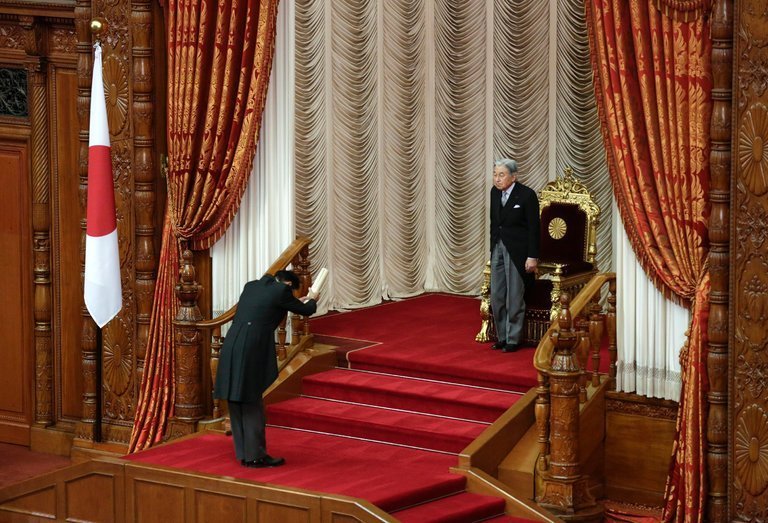
BitFlyer complies with travel rules
bitFlyer, a major crypto asset (virtual currency) exchange in Japan, announced on the 30th that it will take measures to deal with the introduction of the “Travel Rule”. Restrictions apply to all corporate and individual customers who deposit and send crypto assets on bitflyer.
From 15:00 on May 30th, deposits and remittances of crypto assets via bitFlyer will be transferred to crypto asset exchanges that have introduced TRUST (Travel Rule Universal Solution Technology), a system that complies with travel rules. will be restricted.

Source: bitFlyer
Cryptocurrency wallets such as MetaMask will continue to be available, but Coincheck is the only cryptocurrency exchange that allows domestic remittances and deposits.
However, this restriction is limited to 21 countries and regions that require information notification based on travel rules. In other words, you can continue to send and deposit crypto assets with crypto asset exchanges based in countries other than the following 21 countries.

Countries/regions subject to notification based on the Financial Services Agency website Source: bitFlyer
There are also restrictions on the types of crypto assets supported by TRUST. Therefore, the crypto assets handled by bitFlyer that are subject to TRUST are Bitcoin (BTC) and Ethereum (ETH). And the crypto assets created according to the ERC-20 standard are “Basic Attention Token (BAT), Chainlink (LINK), Polygon (MATIC), Maker (MKR), Shiva (SHIB), Palette (PLT)”.
As of May 30, crypto assets can be deposited and transferred between Coincheck and bitFlyer only in Bitcoin. BitFlyer added that if Coincheck develops it, it will be possible to trade Ethereum (ETH) and other ERC-20 standard crypto assets in the future.
connection:Bitbank announces restrictions on coin checks and direct remittances to bitFlyer in response to travel rules
What are travel rules?
These situations have arisen mainly because of the different solutions that companies have adopted to comply with travel rules. The travel rule is a rule that “an exchange company that receives a request from a user to send virtual currency must notify the recipient’s exchange company of the detailed information of the remittance requester and the recipient.” It’s about. Application of this regulation will start around June 2023.
“TRUST” adopted by bitFlyer and Coincheck uses a different protocol from “Sygna Alliance” introduced by other domestic companies such as GMO Coin and bitbank. Therefore, at present, there is no compatibility between the two. This is a factor that restricts the remittance of crypto assets even at other domestic crypto asset exchanges licensed by the Financial Services Agency.
Major U.S. companies (Coinbase, Circle, etc.) use TRUST, but cryptocurrency exchanges in Japan and the Asia-Pacific region seem to mainly use Sygna, developed by CoolBitX in Taiwan.
The Travel Rule was proposed by the Financial Task Force (FATF) to prevent criminals and terrorists from misusing cryptocurrencies as a means of payment.
In order to comply with this rule, the “Law for Partial Revision of the Law Concerning Funds Settlement, etc. to Build a Stable and Efficient Funds Settlement System” was enacted in Japan by June 9, 2011. I plan to With this revision of the law, Japanese crypto-asset exchanges will be required to send crypto-assets after notifying them of information such as the remittance/recipient name and customer identification number.
In the future, general users who use crypto assets will need to check which protocol the exchange company they are using uses, and select an exchange or wallet that allows remittance.
connection:Yuzo Kano to return to president of cryptocurrency exchange bitFlyer
bitFlyer Announces Cryptocurrency Deposit and Transfer Limits in Response to Travel Rules Our Bitcoin News.


